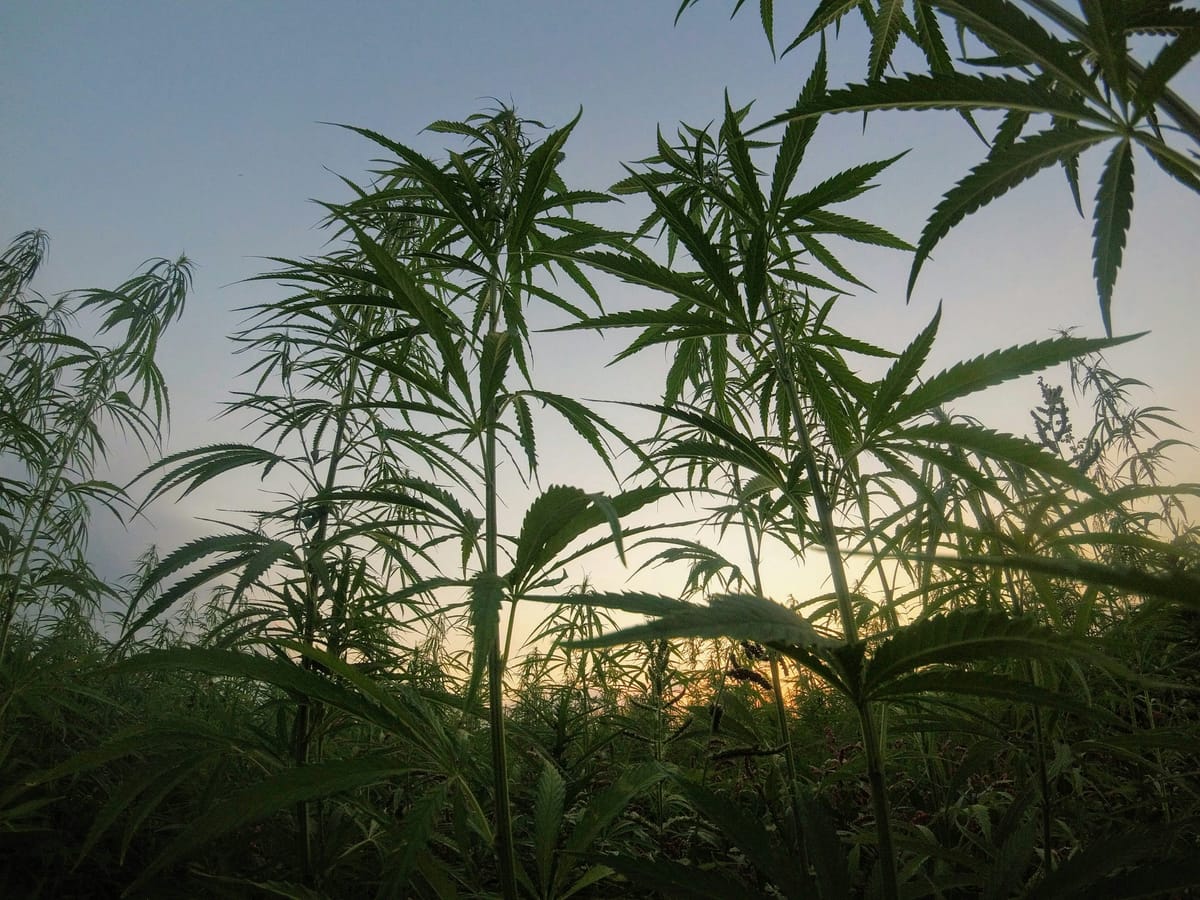California Supreme Court Backs State Cannabis Laws, Voids Legal Precedent in Easement Case

SANTA BARBARA, Calif. — The California Supreme Court has upheld the state’s cannabis laws by voiding a lower court ruling that previously declared marijuana illegal under federal law. The decision, issued on March 19, stems from a lawsuit over a private easement dispute in Santa Barbara County and prevents the case from setting a legal precedent for future disputes.
Easement Dispute Sparks Legal Challenge
The case originated when Janna Caron Crandall, owner of JCCrandall LLC, sued Santa Barbara County after local officials granted a conditional-use permit allowing Santa Rita Holdings to grow and transport cannabis on a neighboring property. The only access to the cultivation site required the use of an easement road running through Crandall’s land.
Crandall argued that the 1998 deed governing the easement prohibited illegal activities, citing cannabis’s classification as a Schedule I drug under federal law. Santa Barbara County, however, maintained that cannabis cultivation is legal under California law, which has permitted commercial cannabis activities since 2016.
A Santa Barbara Superior Court judge initially ruled in favor of the county, dismissing Crandall’s claims. However, the California Court of Appeal reversed the decision in October 2024, declaring that because marijuana remains illegal federally, it is also illegal in California. The ruling, written by Justice Arthur Gilbert, stated that “cannabis cultivation and transportation are illegal in California as long as it remains illegal under federal law,” invoking the Supremacy Clause of the U.S. Constitution.
Supreme Court Strikes Down Ruling
Following the appellate court’s decision, Santa Barbara County appealed to the California Supreme Court. The state’s Department of Cannabis Control (DCC) also intervened, requesting that the ruling be de-published to prevent it from becoming binding precedent in other cases.
While the Supreme Court declined to review the case, it agreed to de-publish the appellate decision, effectively erasing it as a legal precedent. The ruling still applies to the parties involved, meaning Santa Rita Holdings' permit remains revoked, but it cannot be cited in future legal battles over cannabis and easements.
DCC Director Nicole Elliott welcomed the decision, calling it a victory for California’s cannabis industry. “We are pleased that the Court agreed to address that Court of Appeal decision at the Department of Cannabis Control’s request, supporting California law and its legal cannabis industry,” Elliott said in a statement.
State vs. Federal Law Conflicts Continue
The case highlights the ongoing legal tension between state and federal cannabis laws. While California and several other states have legalized marijuana, it remains federally prohibited, leading to disputes over land use, contracts, and enforcement.
The appellate ruling, had it remained published, could have opened the door for broader legal challenges to California’s cannabis regulations. By de-publishing it, the Supreme Court reaffirmed the state’s authority over its cannabis market.
For now, California’s legal cannabis industry remains intact. However, the case serves as a reminder that conflicts between state and federal law can still create legal uncertainty, particularly for businesses and property owners navigating land-use issues.
4o
